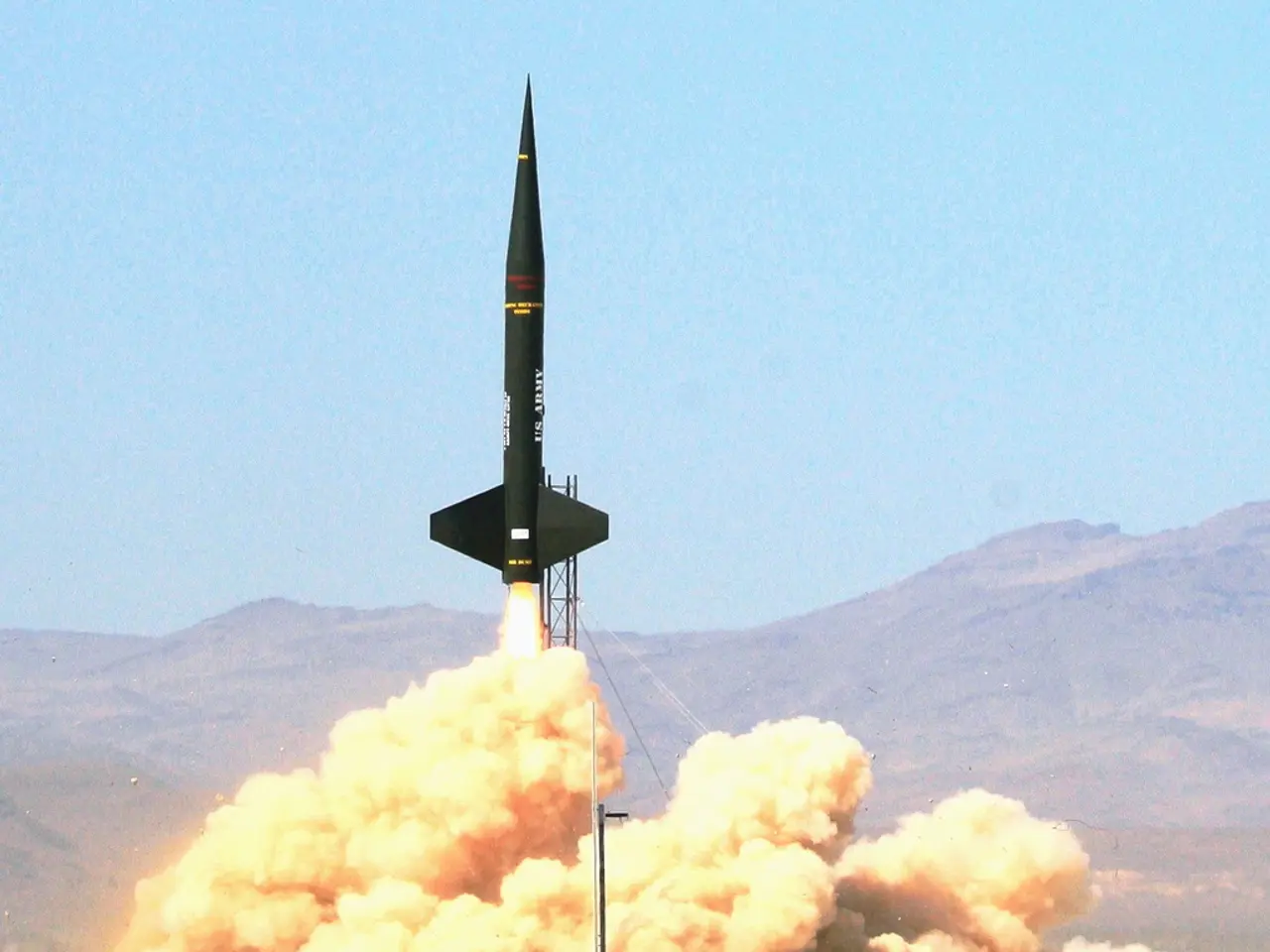Middle East Tensions Escalate: Houthis, U.S., U.K. Clash; LNG Shipments Halted
Tensions have escalated in the Middle East, with the Houthis continuing their maritime attacks and the U.S. and U.K. launching airstrikes in response. Qatar has paused LNG shipments through the Suez Canal, potentially impacting global LNG prices. Meanwhile, the burning of fossil fuels has pushed 2023 to be the hottest year on record, raising concerns about the global economy's reliance on oil, gas, and coal.
The Houthis, a Yemeni rebel group, have been targeting Israeli ships or vessels bound for Israel. They claim these attacks are in retaliation for Israel's bombardment and invasion of Gaza, and to pressure Israel to allow humanitarian aid. On January 12, the U.S. and U.K. responded with airstrikes against the Houthis, targeting military equipment used for these attacks in the Red Sea. The airstrikes resulted in at least five deaths, and the Houthis have vowed retaliation.
The conflict has had global repercussions. Qatar has paused LNG shipments through the Suez Canal, potentially raising global LNG prices. Oil tankers have changed course to avoid the Red Sea, increasing shipping costs and likely raising oil prices, especially in Europe. The World Bank has warned that a regional escalation of the conflict could raise oil prices by up to 75% depending on the severity of the disruption. This comes as the Ukraine war and the subsequent energy crisis have incentivized record U.S. oil production and expansion of LNG export infrastructure.
Scholars and activists have been highlighting the links between oil and gas interests and global conflict. They point to a feedback loop where conflicts drive up oil and gas prices, and high prices fuel further conflicts. This cycle has been exacerbated by the global economy's reliance on fossil fuels. Scientists warn that the global economy can only burn oil, gas, and coal at current levels for six more years to limit warming to 1.5 degrees Celsius.
The conflict in Yemen and the resulting disruptions in oil and gas supplies have raised global energy prices. The Houthis' attacks and the international response have created a volatile situation in the Middle East. As the global economy remains heavily reliant on fossil fuels, any disruption in supply can have significant impacts on the global economy. The international community must address both the immediate security concerns and the long-term challenges posed by our reliance on fossil fuels.
Read also:
- On Thursday, Meta introduced three new smart glasses and LibreOffice made its way into the Austrian military
- Europe Witnesses Seven Showcases of Safely Assimilating Autonomous Aerial Vehicles
- India Tops US Smartphone Market in Q2 2025 as Apple Expands Manufacturing
- New memory device Solakon ONE under inspection: user Günter provides his evaluation








